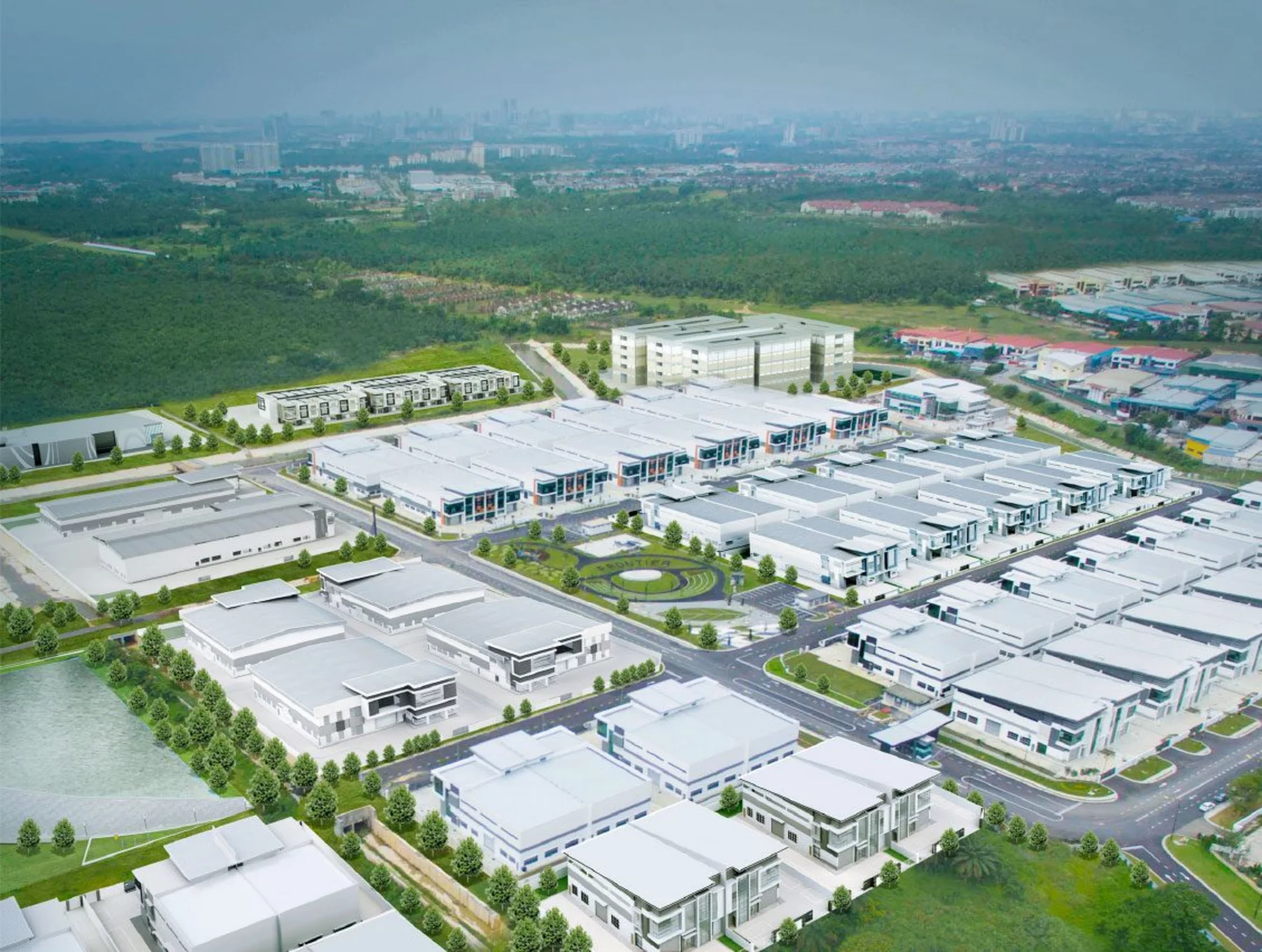
Redefining Manufacturing: The Era of Sustainable Industrial Complexes
The landscape of industrial development is undergoing a profound shift as Sustainable Industrial Complexes take center stage. These complexes represent a revolutionary approach to manufacturing, prioritizing environmental responsibility, resource efficiency, and long-term sustainability. Let’s delve into the key components that make Sustainable Industrial Complexes a transformative force in the realm of industry.
Ninth World Hub: Explore Sustainable Industrial Complexes
Discover the potential of Sustainable Industrial Complexes at Ninth World Hub. Our platform is dedicated to unraveling innovations in industrial development and sustainable practices. Dive into the world of sustainable manufacturing and its impact on the future of industry with Ninth World Hub.
Integrated Circular Economy Practices
At the core of Sustainable Industrial Complexes is the integration of circular economy practices. These complexes are designed to minimize waste and maximize the reuse, recycling, and repurposing of materials. The circular economy model ensures that resources are utilized efficiently, contributing to a more sustainable and responsible industrial ecosystem.
Renewable Energy Integration
Sustainable Industrial Complexes prioritize renewable energy sources to power their operations. Solar, wind, and other clean energy technologies are harnessed to reduce reliance on traditional energy sources. By transitioning to renewable energy, these complexes not only decrease their environmental impact but also contribute to the global effort to combat climate change.
Efficient Water Management Strategies
Water conservation is a key consideration in Sustainable Industrial Complexes. Advanced water management strategies, including recycling and the use of innovative technologies, are implemented to minimize water consumption and reduce the environmental footprint of industrial activities. Sustainable water practices ensure the long-term viability of industrial operations.
Green Building Design and Infrastructure
The physical infrastructure of Sustainable Industrial Complexes is characterized by green building design principles. Energy-efficient structures, sustainable materials, and environmentally conscious construction practices are employed to create eco-friendly industrial spaces. These green building initiatives contribute to reducing overall energy consumption and promoting a healthier environment.
Biodiversity Conservation Efforts
Many Sustainable Industrial Complexes prioritize biodiversity conservation within their premises. Green spaces, wildlife habitats, and ecological preservation zones are integrated into the complex design. These efforts not only support local ecosystems but also enhance the overall well-being of the surrounding environment.
Strategic Supply Chain Sustainability
Sustainability extends beyond the complex itself to encompass the entire supply chain. Sustainable Industrial Complexes work closely with suppliers to ensure responsible sourcing practices, ethical labor standards, and environmental considerations. By fostering sustainability throughout the supply chain, these complexes create a ripple effect of positive impact across industries.
Technological Innovations for Environmental Monitoring
Embracing technology for environmental monitoring is a distinctive feature of Sustainable Industrial Complexes. Advanced sensors, data analytics, and real-time monitoring systems are employed to track environmental metrics. This technological integration allows for proactive identification and mitigation of environmental impacts, ensuring continuous improvement in sustainability practices.
Collaborative Industry Initiatives
Sustainable Industrial Complexes often engage in collaborative industry initiatives. Partnerships with government bodies, non-profit organizations, and other industries contribute to the development and sharing of best practices. By working together, these complexes can influence broader industrial norms and drive positive change on a larger scale.
Measuring and Reporting Environmental Impact
Transparency is a fundamental aspect of sustainability, and Sustainable Industrial Complexes prioritize measuring and reporting their environmental impact. Regular assessments and transparent reporting mechanisms provide stakeholders with insights into the complex’s sustainability performance. This commitment to transparency builds trust and accountability within the industry and among the broader community.
Shaping the Future of Industry
In conclusion, Sustainable Industrial Complexes represent a pivotal shift in the paradigm of industrial development. By embracing circular economy practices, renewable energy, efficient water management, green building design, and collaborative initiatives, these complexes are shaping a future where industry and environmental sustainability coexist harmoniously. As they set new standards for responsible manufacturing, Sustainable Industrial Complexes inspire a transformative journey towards a more sustainable and resilient industrial landscape.
